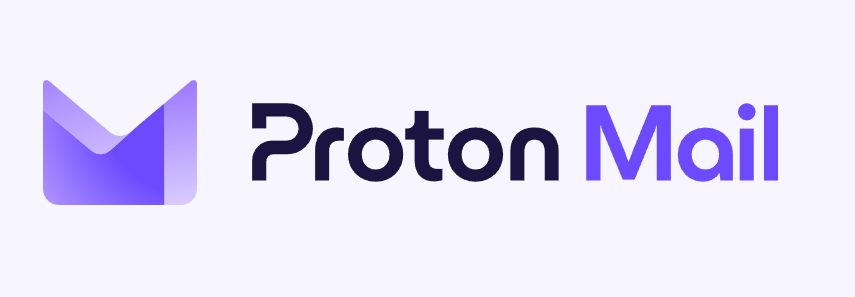
The IT ministry is mulling decision to block Proton Mail, an end-to-end encrypted email service, following a request from the Tamil Nadu police regarding a hoax bomb threat sent to thirteen private schools in Chennai on February 8, according to a report by Hindustan Times.
The decision to block Proton Mail was made during a meeting of the 69A blocking committee, which operates under Section 69A of the IT Act. This section allows designated officers, with approval from the IT Secretary and recommendation from the committee, to issue orders for blocking content related to national security and public order.
Representatives from the Tamil Nadu government highlighted during the meeting that the bomb threat was sent using Proton Mail, and attempts to trace the sender’s IP address were unsuccessful. MeitY also noted recurring difficulties in obtaining information from Proton Mail for criminal matters.
Proton Mail responded to Hindustan Times, condemning the potential block as harmful to ordinary people and ineffective against cyber threats. The company emphasized its compliance with Swiss law and willingness to cooperate with valid requests from Indian authorities.
However, Proton Mail’s privacy policy acknowledges the availability of certain email metadata such as sender/recipient addresses and timestamps despite end-to-end encryption due to SMTP protocol requirements. It remains unclear if Apple and Google will also receive blocking orders for the Proton Mail app.
The final order has not yet been sent to the Department of Telecommunications, although the issue has been raised by the Ministry of Electronics and Information Technology (MeitY).
